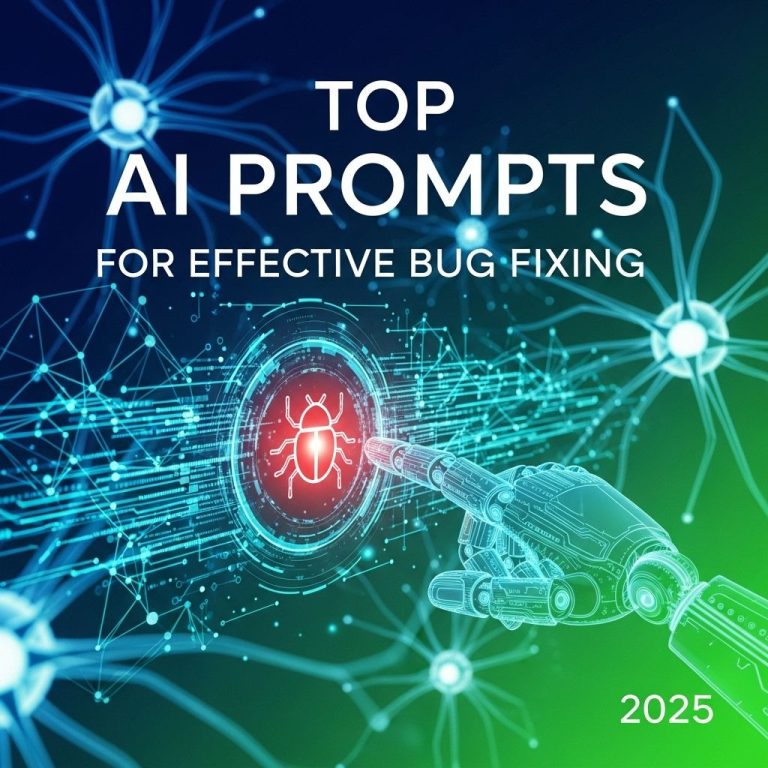As technology continues to evolve at a rapid pace, the demand for efficient code becomes increasingly important for developers and organizations alike. Code optimization not only enhances performance but also improves scalability and maintainability. In this article, we will explore various strategies and tools that are set to dominate the landscape of code optimization in 2025. These techniques will empower developers to write cleaner, more efficient code and ultimately lead to better software solutions.
Understanding Code Optimization
Code optimization refers to the process of modifying a software system to make it consume fewer resources while maintaining the same functionality. This can involve:
- Improving execution speed
- Reducing memory usage
- Minimizing bandwidth consumption
- Enhancing scalability
Developers often face the challenge of balancing optimization with code readability. The goal is to achieve high performance without sacrificing maintainability.
Key Optimization Techniques
1. Algorithmic Optimization
Choosing the right algorithm can drastically affect your application’s efficiency. Here are some considerations:
- Analyze time complexity using Big O notation to select the most efficient algorithm.
- Use advanced algorithms and data structures, such as heaps, trees, and graphs.
- Implement parallel algorithms to take advantage of multi-core processors.
2. Code Refactoring
Refactoring involves restructuring existing code without changing its external behavior. This can help in:
- Improving code readability and maintainability
- Identifying and removing redundant code
- Enhancing performance through better structure
3. Memory Management
Effective memory management is crucial for code optimization. Consider the following practices:
- Use memory pools or allocators for better memory management.
- Implement lazy loading techniques to load resources only when needed.
- Utilize garbage collection techniques to free up unused memory.
4. Just-in-Time Compilation
JIT compilation improves the performance of runtime environments by compiling code on-the-fly. This results in:
- Faster execution times
- Optimized usage of system resources
- Adaptive optimizations based on runtime data
Emerging Tools for Code Optimization
1. Profiling Tools
Profiling tools help identify bottlenecks in applications. Some popular options include:
| Tool | Description |
|---|---|
| VisualVM | Java profiling tool that provides insights into memory usage and CPU performance. |
| JProfiler | Allows in-depth profiling of Java applications to identify performance issues. |
| Valgrind | A powerful tool for memory debugging in C/C++ applications. |
2. Static Code Analyzers
Static code analysis tools scan code without executing it to identify potential issues:
- SonarQube
- ESLint for JavaScript
- FindBugs for Java
3. Performance Monitoring Tools
These tools provide real-time insights into application performance:
- New Relic
- Datadog
- AppDynamics
Best Practices for Code Optimization
1. Continuous Integration and Deployment
Implementing CI/CD pipelines can streamline the optimization process by automating tests and ensuring code quality. Key benefits include:
- Faster feedback loops
- Reduced integration issues
- Improved collaboration among development teams
2. Regular Code Reviews
Encouraging regular code reviews helps catch performance issues early. Best practices include:
- Utilizing pair programming sessions
- Establishing coding standards
- Providing constructive feedback
3. Performance Testing
Conducting performance tests regularly is vital for identifying optimization opportunities. Consider using:
- Load testing tools (e.g., Apache JMeter)
- Stress testing frameworks to evaluate system performance under heavy load
- Automated testing suites integrated with CI/CD pipelines
Future Trends in Code Optimization
As technology evolves, several trends are expected to influence code optimization in 2025 and beyond:
- Artificial Intelligence: AI-driven tools will help automate the optimization process, making it easier for developers to identify performance bottlenecks.
- Serverless Computing: Emphasizing event-driven architectures can lead to more efficient resource usage and lower operational costs.
- Edge Computing: Distributing workloads closer to users will enhance performance and responsiveness.
Conclusion
Code optimization is not merely a task; it’s an ongoing process that requires awareness of new technologies and techniques. By adopting the strategies outlined in this article, developers can stay ahead of the curve and ensure that their code remains efficient and maintainable in the fast-paced tech landscape of 2025 and beyond. Continuous learning and adaptation will be key in mastering the art of code optimization.
FAQ
What are code optimization prompts?
Code optimization prompts are guidelines or strategies that help developers write more efficient and effective code, improving performance and reducing resource consumption.
Why is code optimization important?
Code optimization is crucial because it enhances application performance, reduces load times, and minimizes resource usage, leading to a better user experience.
What are some common techniques for optimizing code?
Common techniques include reducing algorithm complexity, minimizing memory usage, avoiding repetitive calculations, and utilizing efficient data structures.
How can I identify bottlenecks in my code?
You can identify bottlenecks by using profiling tools that analyze your code’s performance and highlight areas that consume excessive time or resources.
What role does code readability play in optimization?
Code readability is essential in optimization as it allows developers to easily understand and modify code, making it simpler to implement optimizations without introducing errors.
Are there specific tools for code optimization in 2025?
Yes, several tools, including AI-driven code analyzers and advanced profiling software, are expected to be more prevalent in 2025 to assist developers in optimizing code efficiently.




